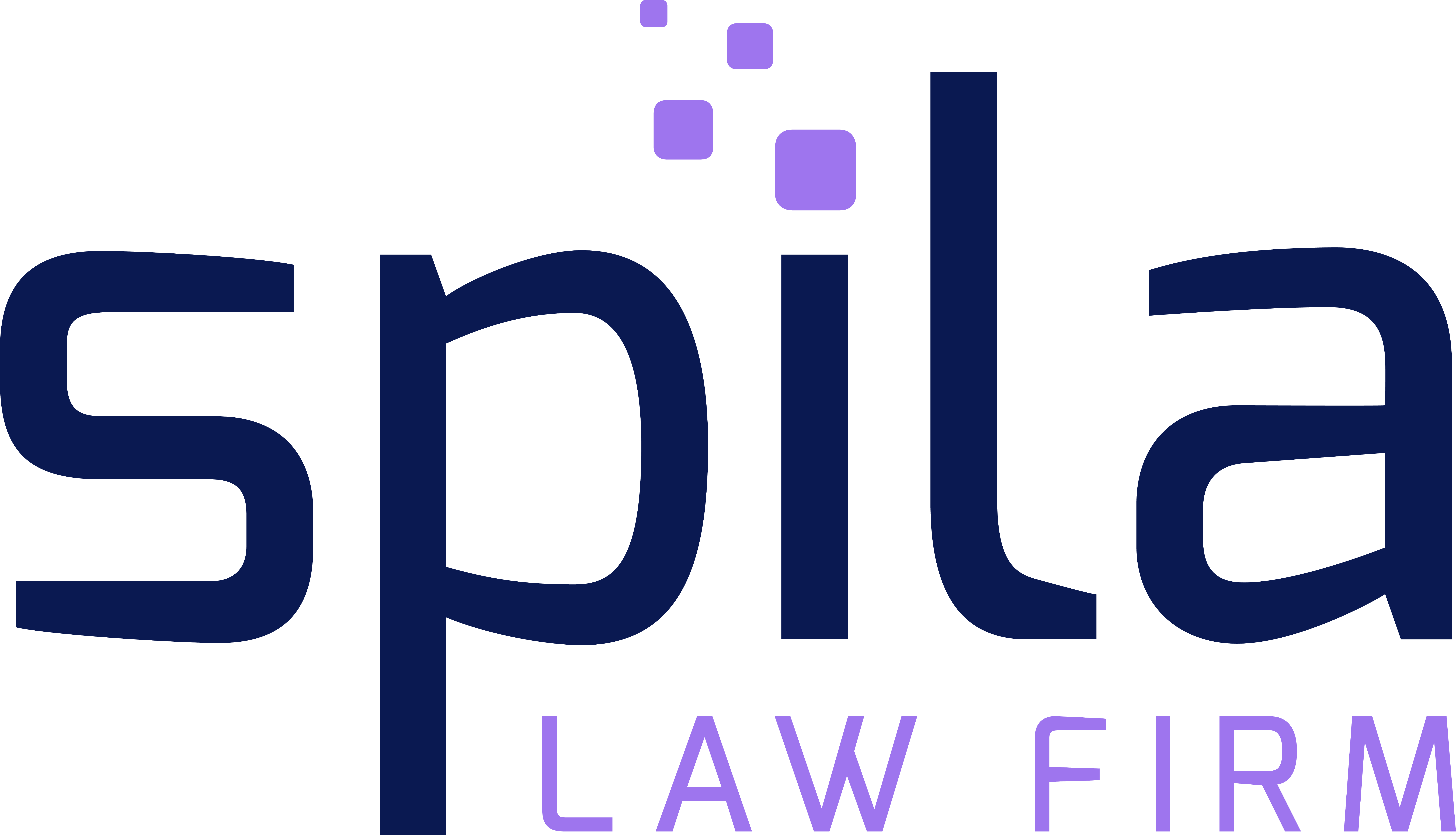Authors
As a book writer you are an artist who creates a value with your ideas, imagination and talent. Therefore you know how valuable and time-consuming the creation of such work is. We are here to help you protect your original works in various different ways.
- Publisher contract review
- License agreement drafting
- Literary agency negotiation
- Copyright advisory
- Copyright registration
- Author & Illustrator license
- Copyright infringement actions
- Dispute resolution
Why Us?
Together with high specialisation in intellectual property law, giving every single case individual approach, whether you are individual or a big company, with affordable and transparent pricing, we can offer you high standard of legal advisory in publishing industry.
- Specialisation in Intellectual property law
- Individual approach to each client and case
- Transparent pricing
FAQ
Most countries do not have strict form required for copyright notice, but most common copyright notice form are for example Copyright © 2020 Ann John or Copyright © 2020 Ann John. All rights reserved.
In most countries, the consent of the copyright owner of existing story is required if you want to write and publish adaptation of someone else work.
Yes, you do need to obtain a license from your illustrator. This license agreement should cover several points, for instance description of illustrations, non/exclusivity of usage, reward, payment details, license duration and so on.
Yes, you can mention famous living person in your story, however try to avoid defamation or discussing some private issues of this person.
Yes, you are allowed to use extract of original work of someone else for the purpose of review, criticism or quotation. However, the this use of work should be fair and should be accompanied by an acknowledgement to identify the creator of the work and the title you are refering to.
Yes, parody is in most countries considered as the creation of new work with purpose of criticism or commenting of the original work. Parody should be made with caution and fair use policy.
In most cases it is because they want to have enough time to sell all the books they produce. Without the license, they would not be able to sell your book and therefore it can happen that they have for instance 5000 copies of your book left in the storage, but they have no right to sell them. Selling all the book copies can take some time.
However, some publishers can try to get so long duration of license that it is no longer justifiable. They can also try to misuse your newbie position in the negotiation to aquire unjustified advantages. This is the reason why you should always consult IP specialist before contracting yourself in longterm agreement.
The first option is to negotiate the change of contract with your publisher. It could sound like a sci-fi but in most cases, the publisher wants you to be happy too, you, as well as other authors, are his source of income and he knows it.
If the first option is not possible, then look for a legal advice for your specific case, there might be a several option available to you, such as termination of contract and so on. However these will strictly depend on pertinent situation and the laws of your country.
In most cases, he can not. However it will depend on the contract you have concluded with publisher.
Yes, this is possible. However, if you have licensed your rights to your sequel book to the first publisher with exclusive license, that can be a problem.
Yes, however, if you want to do this without the original book author permission, the use of such extract must fall under fair use principle and you must not harm or damage the author in anyway.
Citing a few sentences from different book might be okay, but one page might be just too far, but of course, it depends on the purpose of this use, the nature of the copyrighted work and the effect of this usage on your book.
Yes, but only in some way. By translating the book into different language a new work is created and so the author of this work is the translator. However, the translator can not translate and sell book in this translated version without the permission (license) from the author of the original book.
The example of the exclusive license is that licensor (author) is giving a consent to licensee (publisher) to exclusively publish his book a certain territory. France, for instance. Author is then prohibited to give a license to someone else for the duration of this contract. Exclusive license is mostly the more rewarding one for the author also for the publisher.
On the other hand the non-exclusive license means that the author is not giving the exclusive right to publish his book to the publisher, so he can also give this license to someone third. That leaves a space for more publishers at the same market.
Yes, you definitely can do this directly in the license agreement with your publisher.
Yes, but you need to get the author of this book permission before selling the book.
Yes, you can do it without the permission of trademark owner, however, you should do so with caution and common sense.
